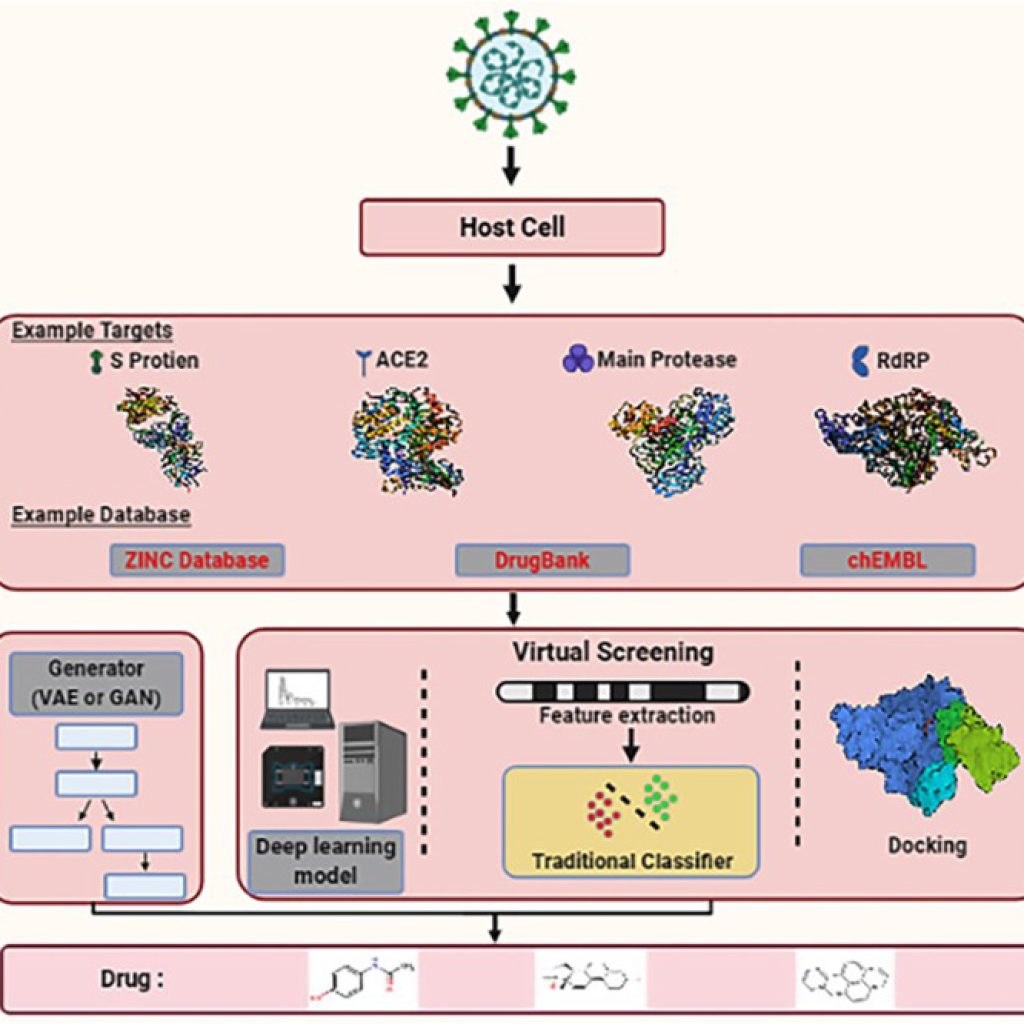Amidst a backdrop of tight financial conditions, geopolitical tensions, and rapid advances in generative artificial intelligence (AI), the latest Chief Economists Outlook unveils a subdued global economic landscape. Over half of chief economists surveyed (56%) anticipate a weakening global economy in 2024, emphasizing the precarious nature of the current economic environment.
Economic landscape and projections
The global economic scene remains shrouded in uncertainty, grappling with headwinds from financial constraints, geopolitical rifts, and the transformative impact of generative AI. A majority of chief economists (56%) express concerns about the global economy weakening this year, while 43% foresee conditions remaining unchanged or strengthening. The report underscores that labor markets (77%) and financial conditions (70%) are expected to loosen over the coming year. Despite a scaling back of high inflation expectations, regional growth outlooks vary widely, and no region is poised for robust growth in 2024.
Optimism in Asia, concerns in Europe and the Americas
In South Asia and East Asia-Pacific, the outlook remains positive and largely unchanged, with 93% and 86% of respondents, respectively, anticipating at least moderate growth in 2024. However, China stands as an exception, with 69% expecting only moderate growth, citing weak consumption and concerns in the industrial and property markets. Conversely, Europe witnesses a significant weakening in outlook, with 77% of respondents expecting weak or very weak growth, almost doubling since the previous survey. The United States and the Middle East and North Africa also show weaker outlooks, with six in 10 respondents foreseeing only moderate or stronger growth.
There is a notable uptick in growth expectations for Latin America, the Caribbean, sub-Saharan Africa, and Central Asia. Despite the positivity, the views align more with broadly moderate growth.
Geoeconomic fragmentation and global co-operation
Chief economists express concerns about the acceleration of geoeconomic fragmentation, with seven in 10 anticipating its pace to quicken this year. Geopolitical factors are expected to stoke volatility in the global economy (87%) and stock markets (80%), increase localization (86%), strengthen geoeconomic blocs (80%), and widen the North-South divide (57%) in the next three years. The urgent need for global cooperation to ensure sustainable, inclusive economic growth is emphasized amid rising global tensions and deepening inequalities.
Industrial policies and economic impact
As governments experiment with industrial policy tools, experts foresee these policies remaining largely uncoordinated between countries. While two-thirds of chief economists expect industrial policies to spur the emergence of new economic growth hotspots and vital industries, a majority also warns of rising fiscal strains (79%) and divergence between higher- and lower-income economies (66%).
Generative AI: mixed impact on economies
AI takes the spotlight in the Chief Economists Outlook, with expectations varying across income groups. Chief economists expect generative AI to significantly increase efficiency in output production (79%) and innovation (74%) in high-income economies this year. However, views on employment impact are divided, with 73% foreseeing no net-positive impact in low-income economies and 47% expressing similar concerns for high-income economies. Over the next five years, 94% expect AI-driven productivity benefits to become economically significant in high-income economies, compared to 53% for low-income economies. Views on generative AI’s impact on standards of living and trust are nuanced, with both factors slightly more likely to be influenced in high-income markets.
Urgent need for collaborative global efforts
The Chief Economists Outlook underscores the fragile global economic prospects, marked by uncertainty, geopolitical tensions, and the transformative influence of generative AI. Regional variations persist, with Asia remaining optimistic while Europe and the Americas face growing concerns. The report calls for urgent global cooperation to navigate the challenges and build momentum for sustainable and inclusive economic growth. The role of generative AI, though promising, comes with mixed expectations, emphasizing the need for careful consideration and global collaboration in navigating the evolving economic landscape.





